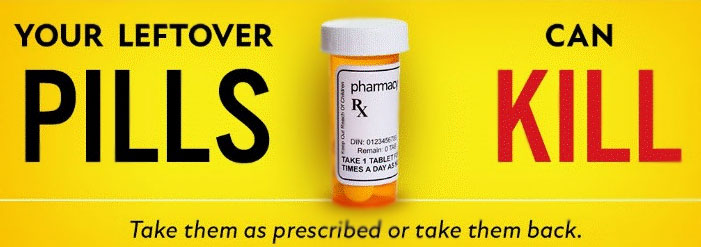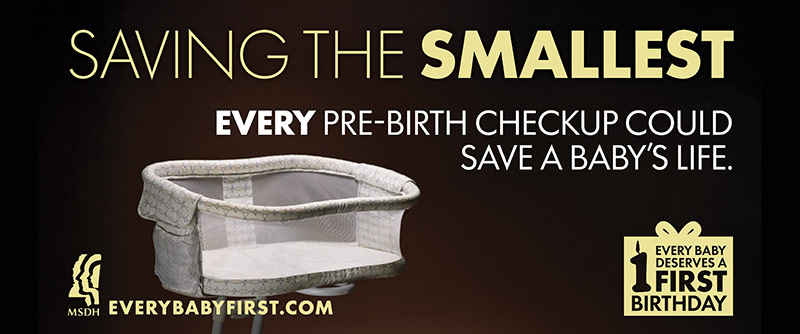Leftover prescription medications can be dangerous, especially when consumed by children or teens. Medications should be used only by the person they are prescribed for.

Your Home Can Be a Dangerous Source of Drugs
The household medicine cabinet is one of the most common sources of stimulants, opioids and other drugs that are behind the tragedy of overdoses. There you will probably find a variety of prescription medications that you no longer need. The best way to protect others in your home from an accidental overdose is to keep these medications out of reach. When you are through with prescription drugs, leftovers should be disposed of properly so that they do not endanger others.
Dispose of Medications Properly
Unused medications should not be thrown in the trash or flushed down the toilet. They must be disposed of properly to ensure that your medication will not be misused by others or harm the environment.
To dispose of medications, you can:
- Return them to a pharmacy.
- Take them to a Drug Take Back location near you.
To safely dispose of medications at home:
- Take medications out of their original containers.
- Mix them with an undesirable substance like used coffee grounds or kitty litter.
- Put the combination in a sealed bag, empty can, or other leak-proof container and place in the household garbage.
- Request a free drug disposal pouch Drug disposal pouches are an easy way to ensure that drugs of all types are neutralized and disposed of safely at home.
Avoid Accidental Overdoses
Follow the Correct Dosage
Follow your physician's advice when it comes to proper dosage of any prescribed medication, especially when it comes to painkillers and opioids. Never take more than the amount prescribed, unless specifically advised by your doctor.
Avoid Illegal Drugs
It is against the law to distribute and consume certain dangerous drugs. Illegal drugs can lead to an overdose and even death, especially in children and teens. Avoid all drugs that are not prescribed for you and obtained from a pharmacist.
Understand the Risk
Overdoses are more common than you think. Mississippi has an ongoing epidemic of overdoses and overdose deaths. MSDH issues regular reports on overdose deaths and the current opioid crisis.
Naloxone can reverse an overdose from opioids, including heroin, fentanyl and prescription opioid medications. Naloxone is also known as Narcan®, Kloxxado®, Zimhi® and RiVive®.
If you or someone you know is at an increased risk for opioid overdose, you should carry naloxone and keep it at home.
Naloxone is available over-the-counter or by requesting a prescription from your local pharmacist. The pharmacy will charge you retail price, or a co-pay if it is covered by your insurance.
Individuals can request a naloxone kit from the Mississippi State Department of Health and receive it by mail at no charge.
Organizations can also request naloxone in bulk for distribution. MSDH may limit the quantity of naloxone an organization can request to ensure equitable distribution to organizations across the state.

